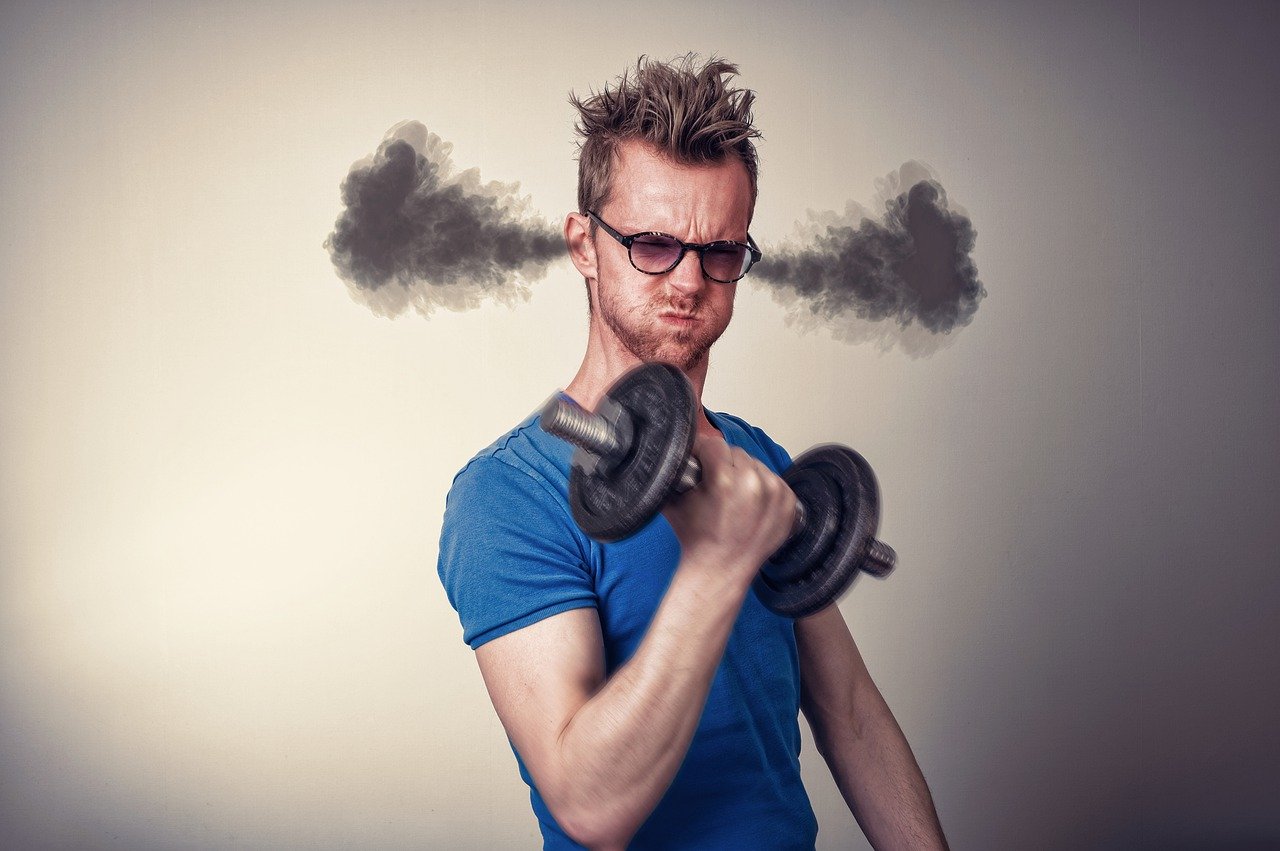
Bodybuilding is more than just a sport; it’s a commitment to pushing physical limits and achieving peak fitness. But along with the rewards come significant legal risks. Let’s dive into the common injuries in bodybuilding, the legal liabilities, and why having solid liability waivers is essential for everyone involved.
Common Injuries in Bodybuilding
Understanding the types of injuries common in bodybuilding can help gym owners, trainers, and athletes prepare and protect themselves. Here are some typical injuries:
- Muscle Strains and Tears: Often from overstretching or excessive force.
- Joint Injuries: Shoulders, knees, and elbows are especially vulnerable due to repetitive stress and heavy lifting.
- Back Injuries: Herniated discs and lower back pain from improper lifting techniques and excessive loading.
- Tendonitis: Inflammation from repetitive strain, particularly in elbows and shoulders.
- Ligament Tears: Commonly in knees, often from sudden movements or excessive load.
- Stress Fractures: Small bone cracks from overuse and lack of recovery time.
Legal Risks and Liabilities
With the physical intensity of bodybuilding, legal risks are a real concern. Here’s what gym owners and trainers need to watch out for:
- Personal Injury Lawsuits: If bodybuilders get injured due to negligence, they might sue gyms, trainers, or equipment manufacturers. For example, if a gym fails to maintain equipment and someone gets hurt, the gym could be held liable.
- Trainer Liability: Personal trainers can be sued if their guidance leads to injury. This includes improper instruction or pushing clients too hard. Imagine a trainer making a client lift too heavy weights, causing a serious injury – that could lead to a negligence lawsuit.
- Product Liability: Manufacturers of supplements and equipment can face lawsuits if their products cause harm. For instance, if a supplement has undisclosed harmful ingredients and causes health issues, the manufacturer could be sued.
- Assumption of Risk: While bodybuilding is risky, participants are considered to assume these risks. However, this doesn’t cover gross negligence. For example, a gym can’t avoid liability for injuries caused by not fixing hazardous equipment.
The Importance of Liability Waivers
Given these risks, liability waivers are crucial. They protect gyms, trainers, and event organizers by having participants acknowledge the risks involved in bodybuilding and agree not to hold the other party responsible for injuries. Here’s why they matter:
- Risk Acknowledgment: Waivers ensure participants understand the inherent risks. This can prevent frivolous lawsuits. For example, a gym member signs a waiver acknowledging the risks of using free weights and agrees not to sue the gym if injured.
- Protection Against Negligence Claims: While waivers don’t cover gross negligence, they protect against ordinary negligence claims. For instance, if a bodybuilder signs a waiver and then sues for a minor injury, the waiver might protect the trainer.
- Clear Communication: Waivers promote transparency about risks and responsibilities, building trust and reducing legal disputes. For example, a bodybuilding competition waiver outlines potential risks, ensuring participants are fully informed.
- Legal Precedent: Courts often uphold well-drafted waivers. Ensuring waivers are clear and legally sound is crucial. For example, a gym’s waiver is written in plain language, clearly displayed, and signed by all members, increasing its enforceability.
Conclusion
Bodybuilding is a rewarding but risky endeavor. Understanding common injuries and legal liabilities, and using well-crafted liability waivers, helps mitigate these risks. By taking these precautions, gym owners, trainers, and bodybuilders can focus on achieving their fitness goals safely.
If you have questions or need help drafting or reviewing your liability waivers, contact us today. Our legal consulting experts are here to ensure your gym operates smoothly and stays protected.



